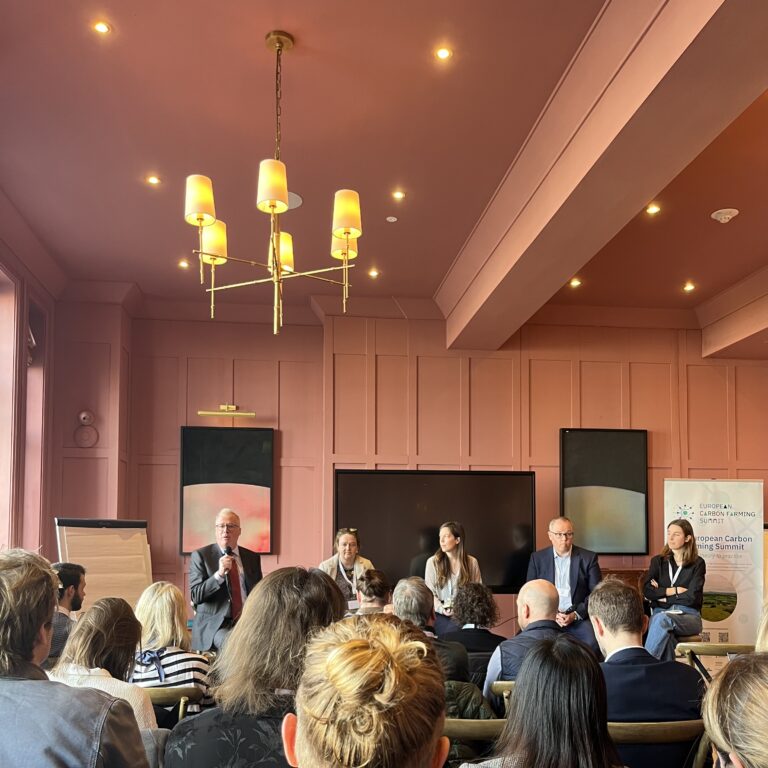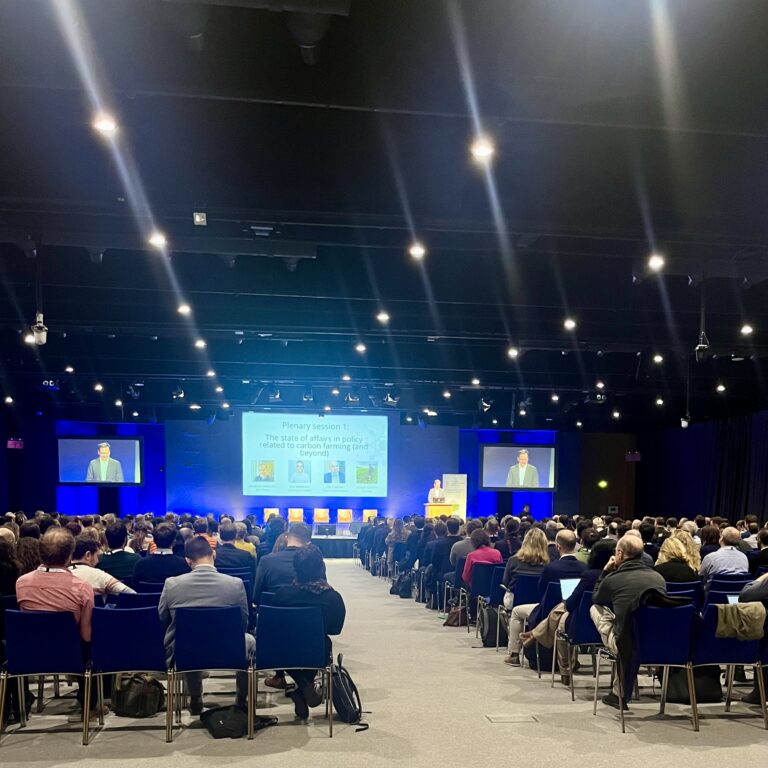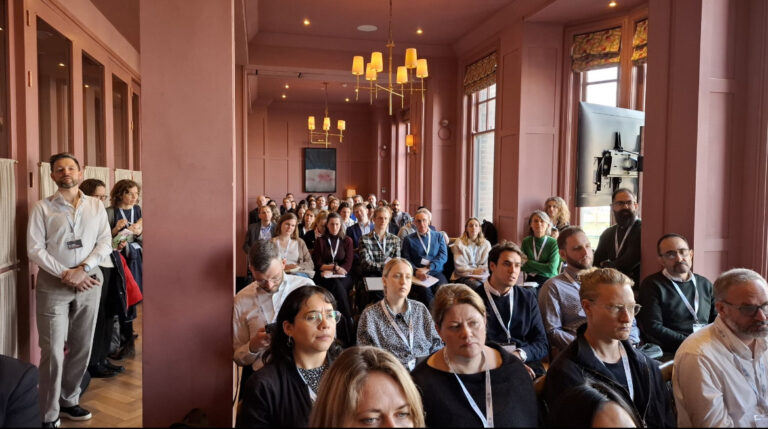Attending the Second European Carbon Farming Summit in Dublin
In March 2025, Sergio Zapico Mena from Cefetra Ecosystem Services had the privilege of attending the 2nd European Carbon Farming Summit in Dublin, an event that brought together policymakers, farmers, private sector leaders, and other key stakeholders for three days of insightful discussions on the future of carbon farming. The summit highlighted the critical importance of collaboration among all players in the agricultural sector to build more resilient agricultural supply chains.

One of the key takeaways from the summit was the widespread recognition of the need for cooperation across various sectors to drive real change. Food and beverage companies across industries such as aqua feed, pet food, dairy, and drinks are taking proactive steps to support farmers in enhancing resilience and reducing Scope 3 emissions. This collaboration is essential to ensure that the transition to carbon farming is not only sustainable but also profitable for everyone involved.
On the policy side, initiatives like the Carbon Reduction Commitment Framework (CRCF) are playing a pivotal role in accelerating investment at the farm level. This will help ensure measurable impact, making it easier for farmers to adopt sustainable practices with the support they need.

The summit’s discussions also highlighted some of the critical challenges that need to be addressed for carbon farming to reach its full potential. Scientifically, the ability to accurately measure and model emissions remains a key hurdle. Without reliable data, it’s difficult to assess the effectiveness of various practices and accurately account for carbon reductions.
Economically, the right incentives must be in place across the entire supply chain. Farmers must be supported to adopt sustainable practices, but there needs to be a clear, fair, and rewarding economic structure in place to make it viable for them. Without the right economic incentives, farmers will struggle to transition to carbon farming practices at scale.
Additionally, full engagement from all stakeholders — from policymakers to farmers to private-sector leaders — is essential to mobilize the entire value chain. This broad, coordinated effort is needed to drive meaningful action and ensure that the transition to carbon farming is as impactful as possible.
While the challenges of scaling carbon farming are significant, Cefetra believes that progress must start at the farm level. With only five harvests remaining until 2030, there is no time to waste. That’s why we are already actively driving on-farm change through our carbon farming programme, working hand-in-hand with farmers to implement sustainable practices that not only reduce carbon emissions but also build resilience within their operations.
By working closely with farmers, we aim to make a tangible impact on Scope 3 emissions, contributing to a more sustainable food system.




